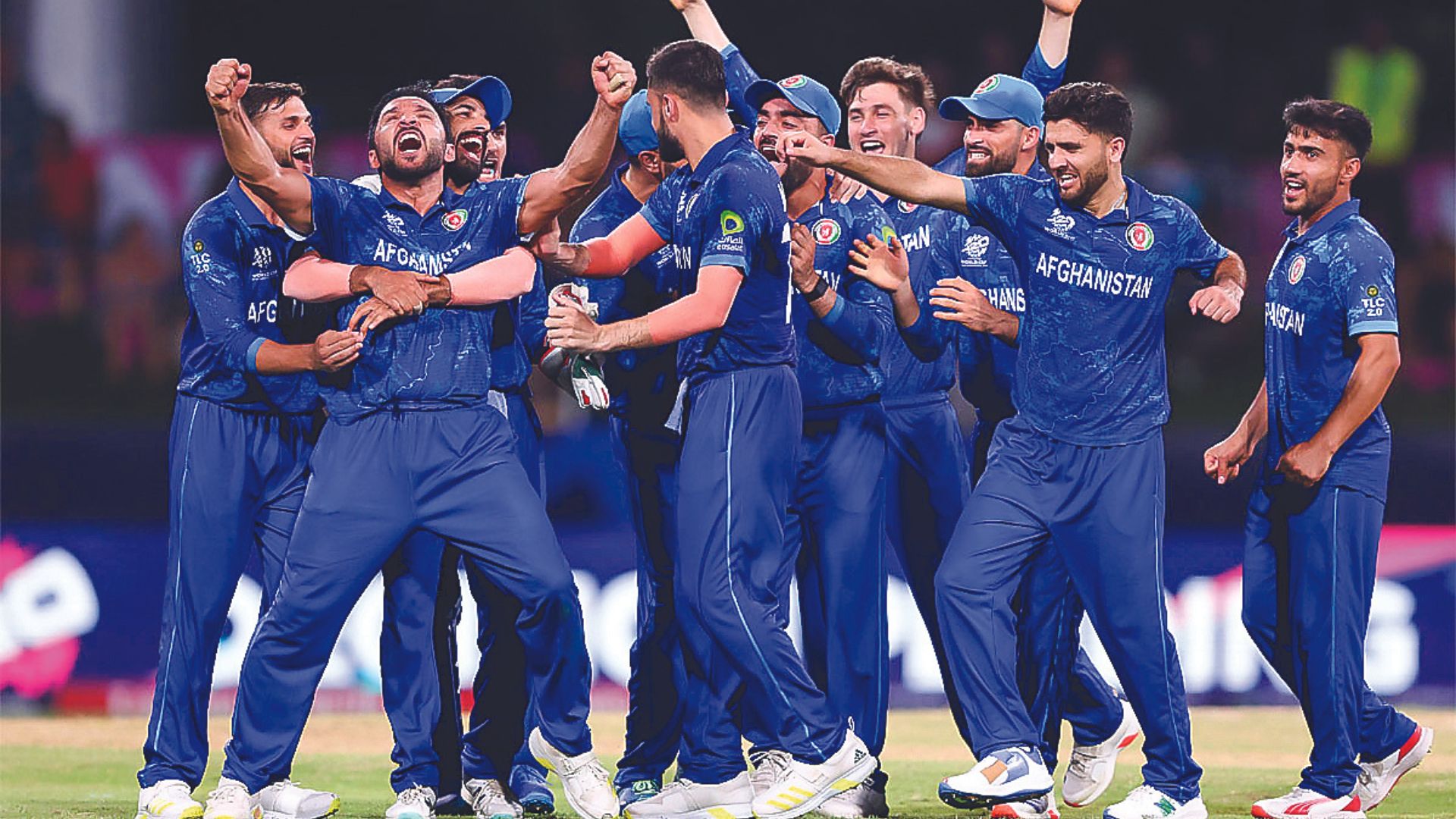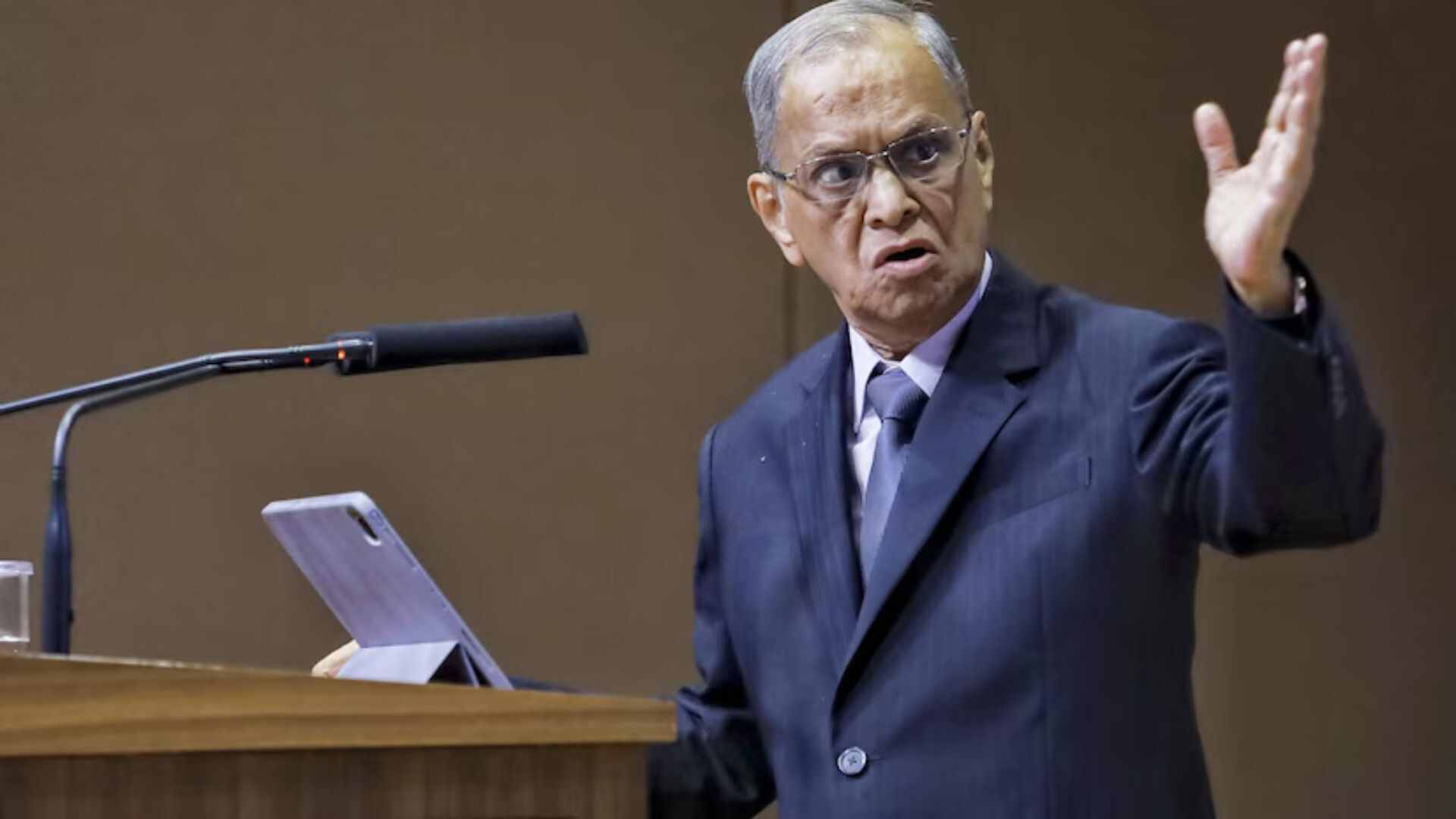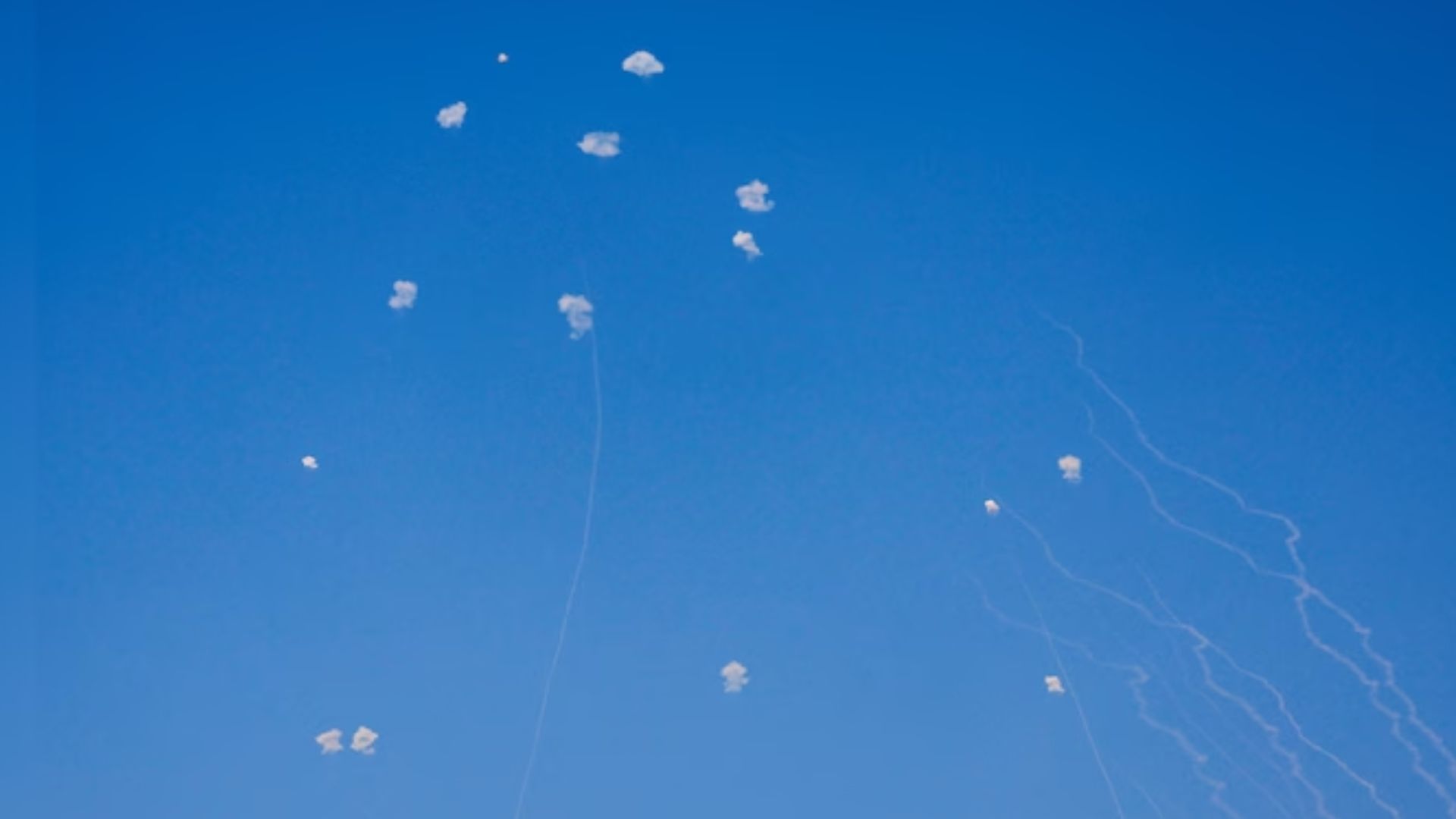
Sport has emerged as an unlikely hero for one nation that continues to deal with violent internal conflicts. Australia were left flabbergasted following an inspirational spell from Afghanistan bowlers led by Gulbadin Naib and Naveen-ul-Haq, which sealed a 21-run win for the Asian side in the Super 8 clash of the ongoing T20 World Cup at Arnos Vale Ground on 23rd June, 2024. It was a night to remember for Afghanistan and their fans in St Vincent. The surprise was visible in Afghanistan’s dugout when Naveen removed Ashton Agar and took his team a step closer to one of the biggest upsets in the tournament’s history.
Beating Australian team is no small feat. But it is their ability to bring together and sustain a successful team under trying political circumstances that is perhaps the most remarkable achievement of these Afghan cricketers. Afghanistan’s cricketers have written a fairytale by defeating Australia, learning from their past experiences. For a war-torn nation, defeating the reigning world champions carries immense significance. The joy of this victory against Australia has spread not only among the cricketers but throughout the entire country.
So, could the cricketers become unlikely ambassadors for their country and help Afghanistan in its current state of volatility? After all, we have seen before how sport can break down barriers in nations torn by conflict, if only temporarily.
There has never been any doubt about the abilities of the Afghan players, especially while defending totals on favourable tracks. On a slow wicket at the Arnos Vale Ground, Australian captain Mitchell Marsh’s decision to bowl first backfired big time. The opening stand of 118 between Rahmanullah Gur Gurbaz (60) and Ibrahim Zadran (51) meant the Afghans were always in the game despite a late collapse which resulted in them finishing on 148/6. The key to Australia’s chase was how their explosive openers David Warner and Travis Head would fare in the powerplay overs. The Aussies slumped to 32/3 inside six overs, with medium-pacer Naveen-ul-Haq sending back Head (0) and Marsh (12), while veteran offie Mohammed Nabi accounted for Warner (3).
Just like in the ODI World Cup clash between the two sides in Mumbai last year, the onus was on Glenn Maxwell to bail Australia out. The mercurial Maxwell, who blasted an incredible 201 to lift Australia lift Australia from 91/7 and chase down 292 at the Wankhede Stadium, again threatened to take the game away. But a superb catch by Noor Ahmed off Gulbadin Naib’s bowling cut short Maxwell’s 41-ball 59. From then on, the Afghans were in control and they wrapped up a comfortable victory. The seasoned Naib won the player-of-the-match award for his 4/18. Skipper Rashid Khan used as many as eight bowlers and it shows the strength and flexibility in the Afghan ranks. Their maiden win over Australia will instill greater belief in the minds of Rashid & Co. They had sent out warning signals by slaying England and Pakistan in the 2023 ODI World Cup and had shocked New Zealand in the group stage of the ongoing tournament.
South Africa’s first black president Nelson Mandela once said: “Sport has the power to change the world. It has the power to inspire. It has the power to unite people in a way that little else does. Sport can create hope where once there was only despair.” Mandela famously used the South African national rugby team, the Springboks, to unite a then-divided nation around a common goal: to win the 1995 Rugby World Cup in South Africa. This presidential mission was immortalised in the 2009 film Invictus. One of Mandela’s celebrated leadership lessons was to:
“Know your enemy – and learn about his favorite sport.”
Success stories – there are a few. But unfortunately the reality is more complex. It would be naïve to view sport, in and of itself, as being capable of transforming the types of conflict facing countries like Afghanistan or Iraq. If sport is to be a “saviour” for nations suffering conflict, then surely it must be used as but one small element in a comprehensive set of conflict transformation strategies.
Fifteen years ago, Hillary Clinton, the then US Secretary of State, famously suggested the Afghanistan cricket team’s rise as a model that could be replicated towards the war-torn country’s reemergence. Afghanistan’s rise as a strong cricketing nation is nothing short of a remarkable feat given its brutal history with wars and internal conflicts spanning decades, resulting in the bloodshed of millions. In the 1980s, during the Soviet-Afghan war, Afghan citizens were forced to take shelter in the refugee camps of Pakistan, and it was here that they were introduced to cricket. Once the refugees returned home, they brought along the knowledge of the game through which cricket took root, breaking through the hostile environment.
While cricket was taking baby steps in Afghanistan, the installation of a fundamentalist regime (Taliban) threatened its very existence. The Taliban banned cricket alongside other sports after coming to power, despite the formation of the Afghanistan Cricket Federation in 1995. It eventually lifted the ban on cricket in 2000 and thus cleared the way for the team’s entry into the ICC as an affiliate member.
The journey of cricket in Afghanistan is inspiring and we can draw some positives from it. It validates the idea that bringing people together into a sporting arena can potentially contribute to the assertion of a shared citizenship, or at least serve as a temporary escape from political and social tensions. Since the Taliban took over in August 2021 and introduced an austere vision of Islam, scenes of public jubilation have been rare. Such moments are special for everyone especially in Afghanistan. Beating the mighty Australia is not something small. Afghanistan has been isolated since the withdrawal of foreign forces and the collapse of the US-backed government, with diplomats wary of engaging with Taliban rulers.
Mohammad Nabi, Asghar Afghan, Mohammad Shahzad, and other Afghanistan internationals received their initial training in Pakistan. However, BCCI contributed significantly to the game’s growth in the country afterwards. From reportedly pushing towards Afghanistan’s promotion to Associate status in the ICC, which led to better funding, to offering world-class cricket stadiums (three) in India for them to train and play their ‘home’ matches and providing training in other areas, BCCI has been at the forefront. Lalchand Rajput, Manoj Prabhakar, Umesh Patwal, and Monty Desai are among the former Indian cricketers who have held various coaching roles in the Afghanistan cricket team.
Former India all-rounder Ajay Jadeja famously mentored Afghanistan at the 2023 ODI World Cup, where they defeated three former champions. Interestingly, Ibrahim Zadran became the first ever ODI World Cup centurion from Afghanistan a day after spending hours with legendary India batter Sachin Tendulkar. Besides, the Indian government approved a grant of Rs 6.3 crore (then USD 1 million) in 2014 to construct a world-class cricket stadium in Kandahar.
In 2015, BCCI allowed Afghanistan to use Shaheed Vijay Singh Pathik Sports Complex in Greater Noida as its home ground, from which they shifted to the Rajiv Gandhi International Cricket Stadium, Dehradun, in 2018 and then to the swanky Ekana Cricket Stadium in Lucknow.
Afghanistan became a full member in 2017, and a year later, they played their first Test match against India in Bengaluru, which the home team won within two days.
The emergence of T20 leagues, especially the IPL, has helped Afghanistan stars hone their skills as they utilize world-class training facilities, rub shoulders with the top stars from across the world, pick the brains of top coaches, and get familiar with different and often challenging playing conditions. As many as six of 10 IPL franchises during the 2024 season featured at least one Afghanistan international star. The knowledge, skill, experience, and confidence that stars like Rashid Khan, Nabi, Naveen-ul-Haq, Rahmanullah Gurbaz, and Fazalhaq Farooqi glean from these competitions is invaluable. These globetrotters eventually transfer this knowledge to their teammates and other emerging stars back home.
This victory over Australia is more than just a sports event for Afghanistan; it’s a beacon of hope and happiness, offering solace and pride to a nation plagued by war. Captain Rashid Khan, reflecting on the historical victory, noted the rejuvenated spirits and collective happiness it brought to the Afghan people.
Any cricket lover will be thrilled at Afghans’ moment of glory for it has been a triumph of their spirit considering the adversities back home. This has to be Afghanistan’s greatest achievement on the sporting field.
The Writer is an Associate Professor in Seedling School of Law and Governance, Jaipur National University, Jaipur.















